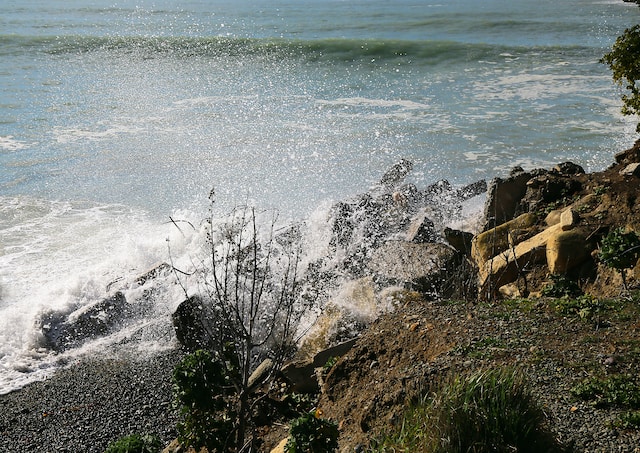Ottawa, ON – The Honourable Jonathan Wilkinson, Minister of Energy and Natural Resources, has announced $7.8 million in funding for 10 projects through the Multi-Partner Research Initiative (MPRI) to help improve oil spill research and response tools and techniques.
The MPRI is a five-year, $30.3 million initiative under the OPP. It aims to advance scientific knowledge, in Canada and abroad, about the potential impacts of oil pollution on organisms, develop new technologies for cleanup, and improve the efficacy of existing oil spill response tools and techniques. By enhancing our understanding of oil spills and oil spill response in various environments, Canada will be better equipped to make science-based decisions that minimize the environmental impacts of oil pollution and enhance habitat recovery.
The Oceans Protection Plan is a success story. When Indigenous Peoples, industry, communities, scientists and government work together to protect Canada’s environment, grow our economy and support good jobs across the country, we deliver real results. A renewed and expanded Oceans Protection Plan is keeping Canada’s oceans and coasts healthy, advancing reconciliation and building a cleaner future for our children and grandchildren.
“With the world’s longest coastline, Canadians know that healthy and safe waterways are integral to our environment and our economy. Today’s investment will ensure that we are equipped with the tools we need to respond to maritime incidents and protect coastal communities and ecosystems.” – The Honourable Jonathan Wilkinson, Minister of Energy and Natural Resources
The $7.8 million in MPRI funding will be allocated to the following 10 projects focused on improving our knowledge of how oil behaves in different environments and improve response protocols:
- $257,044 to the University of British Columbia to refine and apply, a whole-of-ecosystem model (Atlantis model) to predict possible long-term ecosystem effects of oil spills and other ecological stressors in the Salish Sea under various environmental and spill conditions.
- $350,000 toLGM Canada Corporation to improve the efficiency of mechanical oil recovery by developing new oil spill–boom technologies.
- $400,000 to the Heiltsuk Tribal Council to advance our understanding of the biological effects of different types of oil on marine species that are of economic, ecological and cultural importance.
- $599,956 to the University of Western Ontario to develop an environmentally friendly and cost-effective smoke suppression system for in-situ burning in Canadian freshwater environments. This system will be a potential response option for cleaning up oil spills in Canada’s freshwater environments.
- $645,747 to the Huntsman Marine Science Centre to use cutting edge methods to predict and confirm the toxicity of oil to various aquatic species in cold-water areas of Canada and Norway.
- $646,758 to Lake Superior State University to conduct research on the fate, behaviour, and transport of oil in freshwater ecosystems, with a particular focus on diluted bitumen.
- $833,500 to the University of Northern British Columbia to develop and evaluate next-generation decanting technologies for on-site oil/water separation and disposal related to freshwater and marine oil spill response.
- $903,375 to the International Institute for Sustainable Development Experimental Lakes Area (IISD-ELA) to develop and apply a web-based GIS database decision support tool, community-specific response plans, and job aids. These tools will help provide science-based, location-specific information on the viability of shoreline oil spill countermeasures on Canada’s marine and Great Lakes shorelines.
- $1,466,695 to Lake Superior State University to focus on developing and evaluating oil spill detection and monitoring technologies for freshwater and ice environments. This includes a revolutionary integrated drone and long-range autonomous underwater vehicle system, as well as low-cost in-situ oil detection systems for rapid response efforts.
- $1,756,000 to Lake Superior State University to further study the ecological effects of oil spills and bioremediation in cold-climate ecosystems, focusing on the impact on coastal wetlands and nearby areas of the Laurentian Great Lakes.









